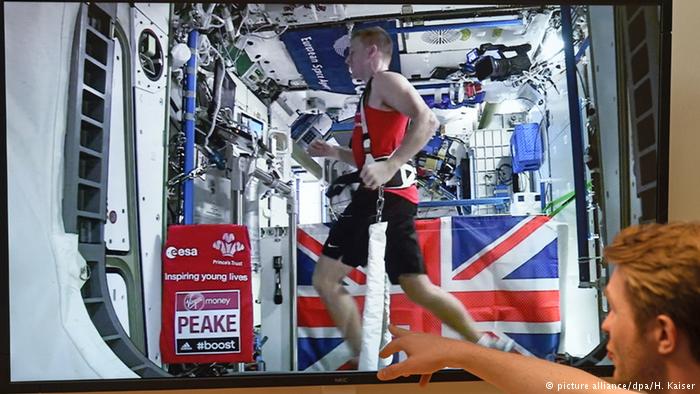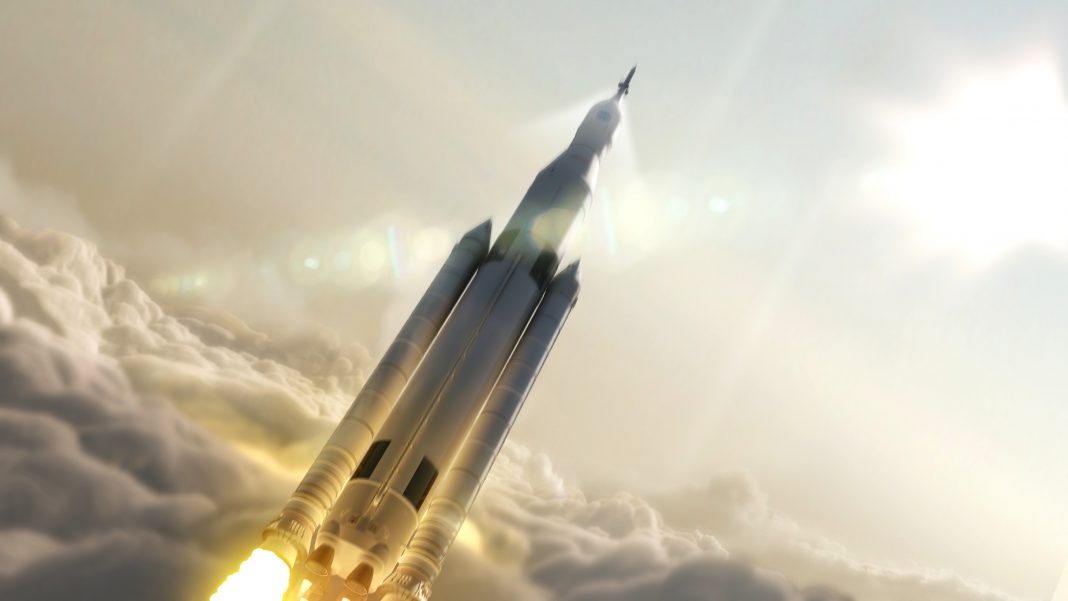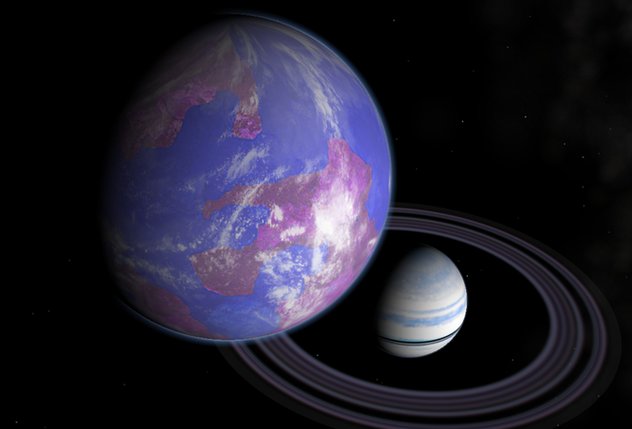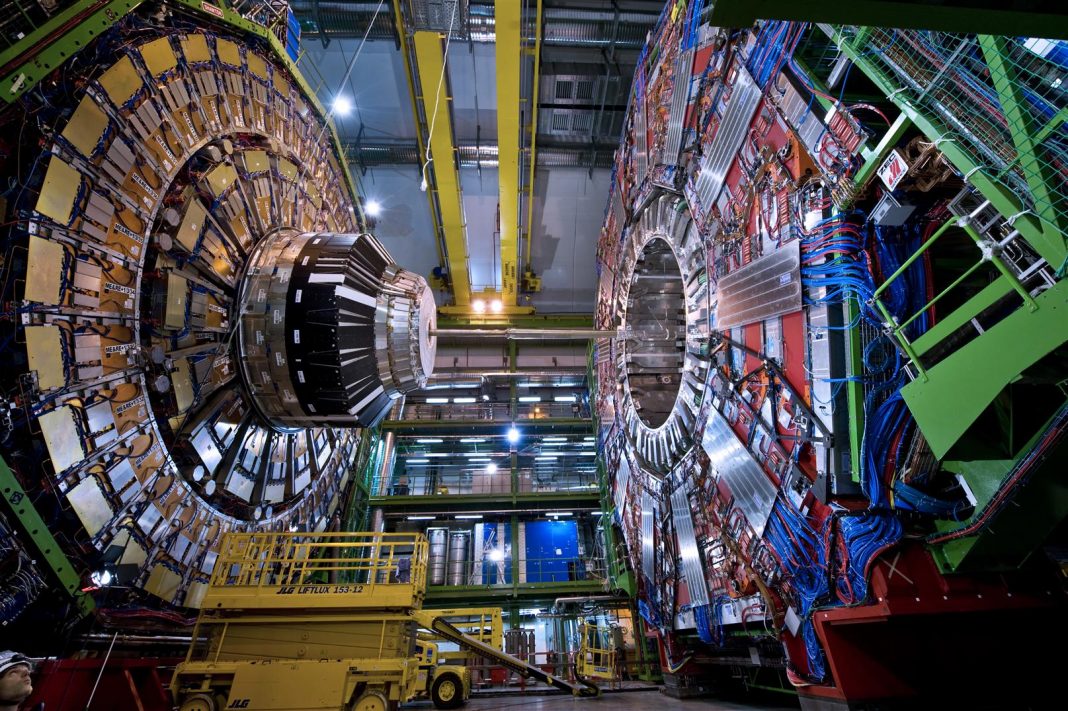While the race to colonize on Mars continues, are we really sure we can survive for this long in space? We know that humans aren’t naturally built to live among the stars, but is it possible that one day we will evolve to such a way that we can? Professor Stephen Hawking is a theoretical physicist who has just recently created a British documentary that discusses how it is possible to live off-planet, and that if we want to survive as a human race then this is what we need to do. He predicts that we only have around 100 years left in which to leave Earth before it’s destroyed by climate change, disease, overpopulation, or artificial intelligence (AI).
It’s all good saying we’ll just live off-planet, but our bodies aren’t naturally equipped for it, so how will we survive? Astronauts that stay onboard the International Space Station for months on end experience a range of health problems, especially when it comes to their eyesight. Some have even experienced total blindness and as of yet, scientists still can’t say for sure why that is. They also tend to suffer from general space sickness too which has been known to completely incapacitate astronauts. So, will we ever evolve to a point where we can survive in space for long periods of time without implicating our health in any way?

To try to answer this, let’s look a little deeper at our anatomy. Our bones deteriorate, so to survive in space would we’d need to be able to shed our bones somehow. Would we become amorphous? Also, if humans experience problems with their vision in space would we evolve to have no eyes at all? Would we also lose our sense of hearing too as there is no sound in space? Another thing to consider is how humans would breathe in space without the need for a bulky suit all the time. Would we evolve to a point where we no longer needed oxygen to survive? The same thing that happened to bacteria 1.4 billion years before oxygen built up?
Professor Ralph Tiedemann heads an evolutionary biology unit at Potsdam University and he agrees with Hawking that we’ve got some serious issues to deal with, but he doesn’t see humans becoming extinct anytime soon. “From an evolutionary perspective, the mentioned time span [100 years] is far too short to expect any evolutionary adaptation and the likelihood that a complex organism like a human would adapt to a completely different world seems rather low to me,” says Tiedemann. Professor Axel Meyer is in agreement with Tiedemann in that we just weren’t designed to live in space. He says, “Life, including our species, evolved on our planet shaped by random mutations and non-random selection. The selection pressures in space would be very different (no oxygen, temperatures, and radiation, etc.). Humans would die immediately.” So, maybe we won’t be evolving after all.
More News to Read











